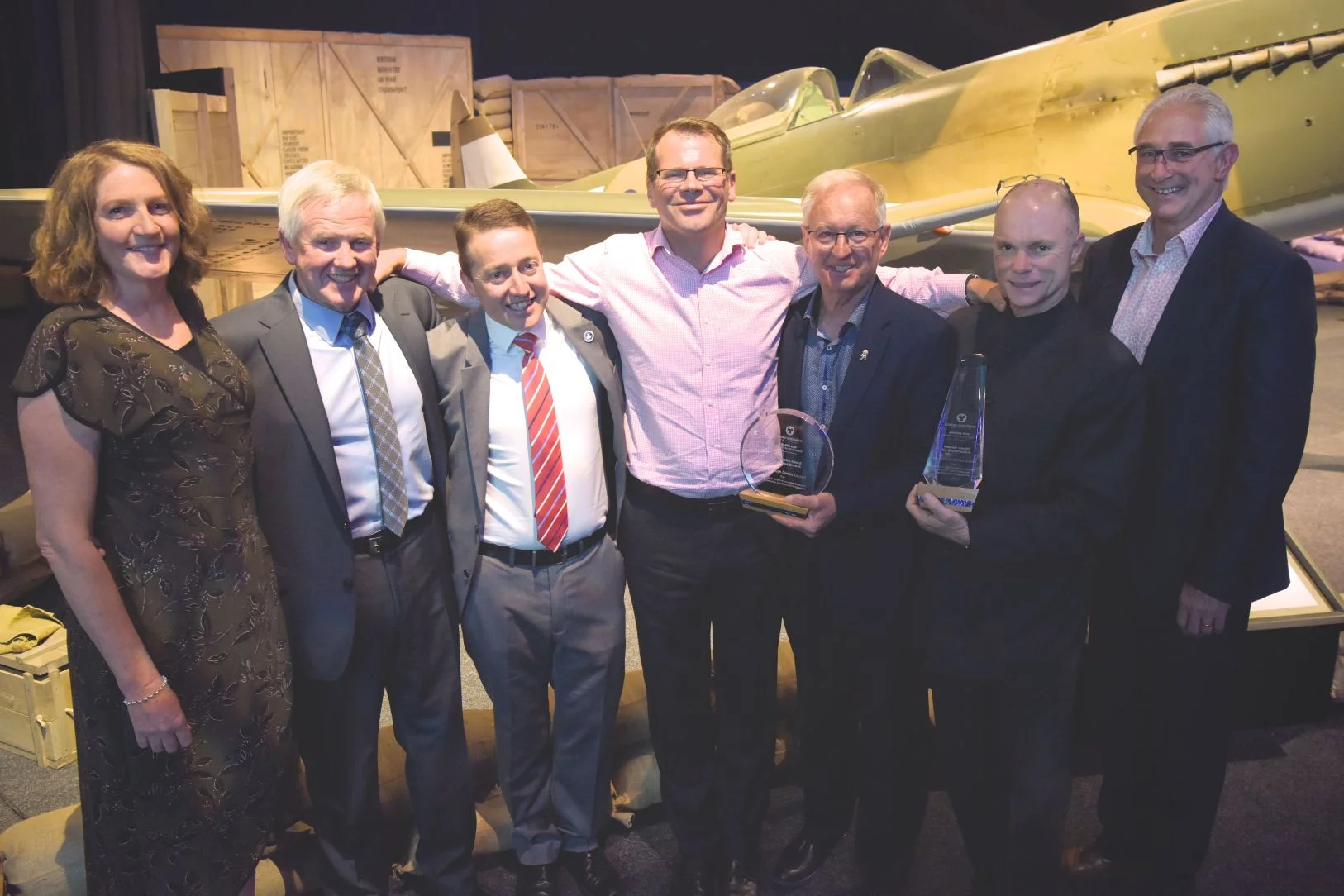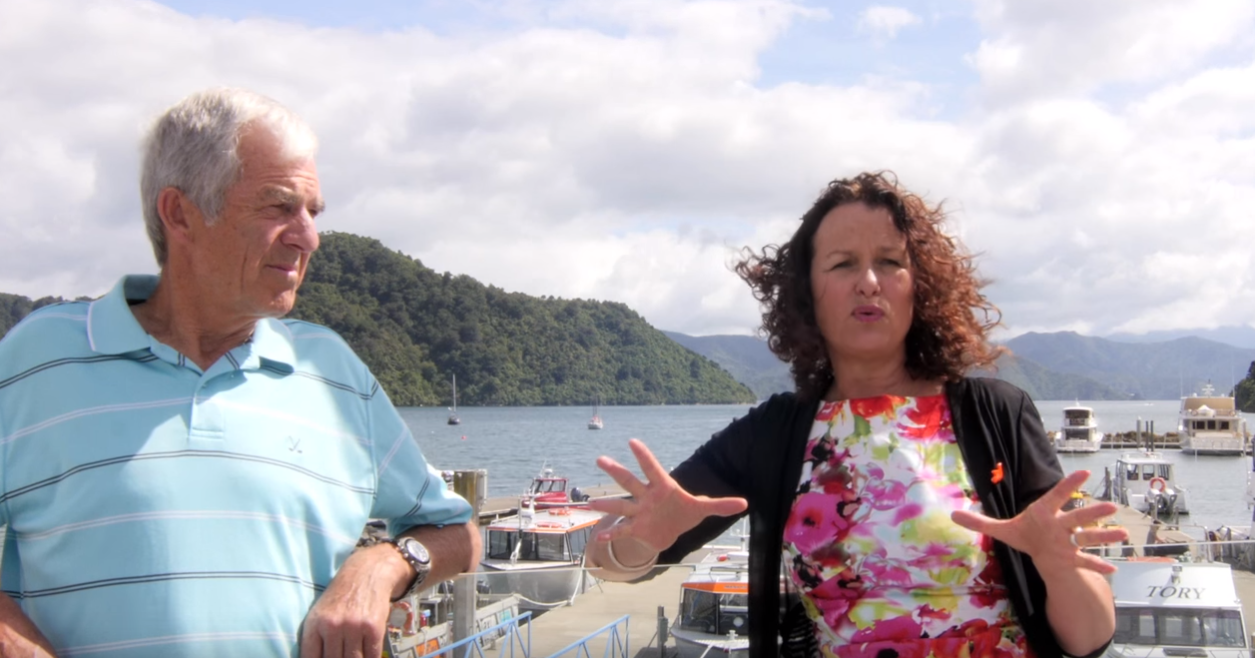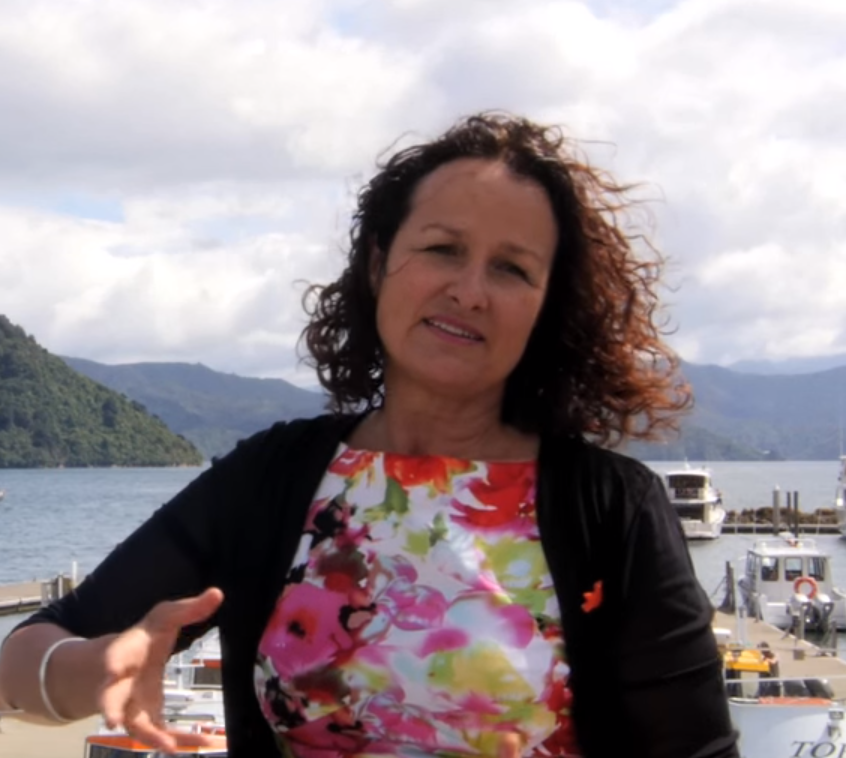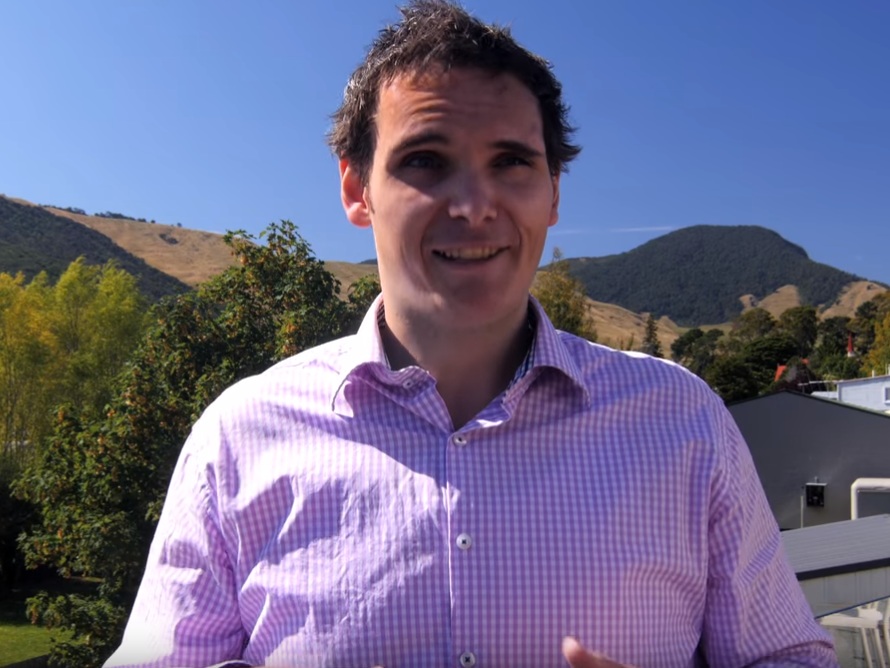The Brief from Marlborough District Council
In 2010, Marlborough lacked a cohesive strategy for economic development. In response, the Mayor and Councillors made a strategic commitment to invest in community and industry-led visions and implementation plans.
The Council commissioned an industry stocktake on the opportunities for the region’s economic development. This recommended a “smart” and “connected” approach:
Smart: That we think strategically – becoming more efficient, creating new solutions, and leveraging those solutions to create new opportunities;
Connected: That we act collaboratively – staying informed, and supporting each other locally, nationally and internationally.
With this new strategic direction, the Council turned their eye to implementation. We were recommended to the Council as good people to help them implement the new strategy.
Many regions employ a top-down approach to economic development, with leadership from a “regional development agency”. But a top-down approach can leave industries and communities out decision-making and implementation. People tend to leave the agency to get things done on their behalf.
The Council wanted to take a different approach. They decided to empower industry and the community to set the direction and collaboratively implement solutions.
Our Solution
Our role has been to facilitate the Smart+Connected process in close partnership with Council staff. Our independent support has allowed Council staff and elected officials to listen and participate as just one of the parties around the table. They can focus on ideas and relationships rather than holding fort at the front of the room.
“I think one of the great things that Picton Smart + Connected has done… is bring together people in disparate parts of the community who are beavering away on great activities who aren’t always aware of what others are doing.”
The last seven years have seen five industry and four community workstreams. Working with the Council, we’ve facilitated a similar process for each workstream:
Establishment group: The Council works with its partners and the community to identify a small number of key people to help guide the process.
Insights through interviews: We interview up to 30 people who might have useful and diverse views on the workstream. We summarise these and report back to the Establishment Group.
Engagement event: We facilitate a large planning event to identify high-leverage opportunities for working together. These can be a specific challenge, such as “Connect young people more with industry”. Or a specific project, such as “Create a bike pump track in Seddon”.
Implementation event: We facilitate a follow-up event to help people narrow the focus to a few key projects and set some next steps for making them happen.
Steering group and working groups: We host a meeting to formalise a new Steering Group to take over from the Establishment Group. The Steering Group then supports the Working Groups for each project.
“Smart+Connected is designed to be a community-led, cohesive way of thinking… to bring people together in a cohesive force so we can speak as one as a community.”
Outcomes for the Marlborough community
“It’s changed my way of thinking and it’s changing the way the council operates.”
A 2018 Martin Jenkins review looked at Smart+Connected’s contribution to economic development, tourism and events.
“ Marlborough is more active in facilitating industry development and community development than several other regions through the Smart and Connected processes.”
“A significant amount of industry and community time and expertise is invested in Smart and Connected groups.”
“Industry group representatives said the process has improved industry relationships with the Council, resulting in more constructive dialogue and input on environmental and planning issues.”
Vance Kerslake, Chair of the Labour and Skills Group, reflects on the virtual engagement process we used in 2020 to refresh the programme.
Winner of the EDNZ Best Practice Award for Inclusive Growth and the EDNZ 2019 Best Practise Premier Award
We were humbled when Marlborough District Council won two awards at the 2019 Economic Development NZ Conference - including the premier award.
Pam Ford, Chair of EDNZ, said the "programme places MDC at the forefront of inclusive growth practice in New Zealand”.
But why?
“It was seen as an early adopter of two critical elements of contemporary Economic Development theory," says Pam.
"First, a focus on environmental, social and governance (ESG) outcomes as well as economic objectives."
"And second a focus on inclusivity and participation by industries and communities in structured co-design processes."
It was that expertise in structured codesign that Business Lab brought to the table in partnership with Marlborough District Council. After years of working on this, it was humbling to see the effectiveness of this approach recognised by a national best practice organisation.
Example project outcomes
“Organisations and individuals involved in Smart and Connected groups said that the groups had resulted in some projects that otherwise would not likely to have occurred... or have accelerated some projects.”
The economic and community outcomes are too numerous to list, but here are some highlights.
Image from CFARMX, via Stuff
Transforming blue mussels from ‘waste to want’
Greenshell Mussels are a booming industry for Marlborough, but they’ve traditionally come with a big waste product. Blue Mussels are smaller mussels that live at the top of a mussel line. They are a zero-value by-product of greenshell mussel farming. Every year the industry dumps 12,000 tonnes in landfill.
The Smart+Connected Aquaculture workstream has investigated many ways of converting that waste-product into a useful product of its own. Most recently they successfully applied for $750,000 funding from the Provincial Growth Fund to fund a blue mussel processing facility in Havelock.
All of which is improving local employment opportunities, while removing another product from the landfill waste cycle.
Locals enjoy the fare at Aquaculture Week 2018. Image via Aquaculture Week’s Facebook page.
Creation of Aquaculture Week
Aquaculture Week is a new week-long festival leading up to the Havelock Mussel Festival every year in March.
We’re talking food stalls. Industry showcases. Aquaculture science exhibitions. And more.
This nationwide recognition of the value and role of aquaculture is already strengthening the industry’s relationship with the community.
The Marlborough Mile
The Marlborough Mile is a mile-long walking route around the Blenheim CBD. You’re taken past the major attractions and you can interact with a number of creative installations aimed at showcasing the region’s history, economy and communities.
At the time of writing, it has been partially implemented. Watch this space.
$2 million funding to upgrade Blenheim town centre
Back in 2015 there was no vision for the Blenheim town centre. Through the Smart+Connected programme, the Blenheim Business Association was born.
It’s a sustainable representative body for the Blenheim CBD focused on the connectedness with the region. One of its most significant achievements to date has been to secure $2 million funding to upgrade the town centre.
Addressing labour and skills shortages
At the time of writing in early 2019, we’ve just completed the Labour and Skills programme with over 165 people from business, education, health, government and the community sector.
Together they’ve identified a shortlist of exciting projects to help address the region’s future employment needs:
Enabling local young people to engage more effectively with local employment opportunities
Creating a database of aged workforce participants willing to fill employment gaps
Submitting a business case for funding a regional employment hub
Expanding a Ministry of Social Development pilot programme to rehabilitate job seekers into full-time employment.
Sustainable community leadership in Havelock
Havelock is an historic town halfway between Blenheim and Nelson with a strong aquaculture industry. The Havelock Smart + Connected programme kicked off a transformation process for the community.
“Now we have unified leadership. We have a central-government funded full-time community development worker. We have a community plan with a united list of priorities.
Every drop of community effort is now feeding this river of progress. This is what people are feeling when people see Havelock now. It’s changing, it’s exciting, something’s happening here.”
Image from Pictonsmartandconnected.co.nz
Connect the bike trail from Picton to Blenheim
Here’s an example of one of the many outcomes from one of the four Smart+Connected community groups.
A public event in 2016 saw a lot of support for Picton being a town bustling with cyclists and walkers. Their big goal is to create a Picton-Blenheim pathway. This would connect the Queen Charlotte Track and the Link Pathway to the trails going south and west from Blenheim.
So far, they’ve pushed through the Marina to Marina track and they continue to build on these early efforts.
Are you ready to empower your community?
Is your council ready to walk the talk when it comes to community engagement? We understand the complexities of community engagement for councils. You need political buy-in, organisational capability and capacity, and a guide to help you make it happen.












